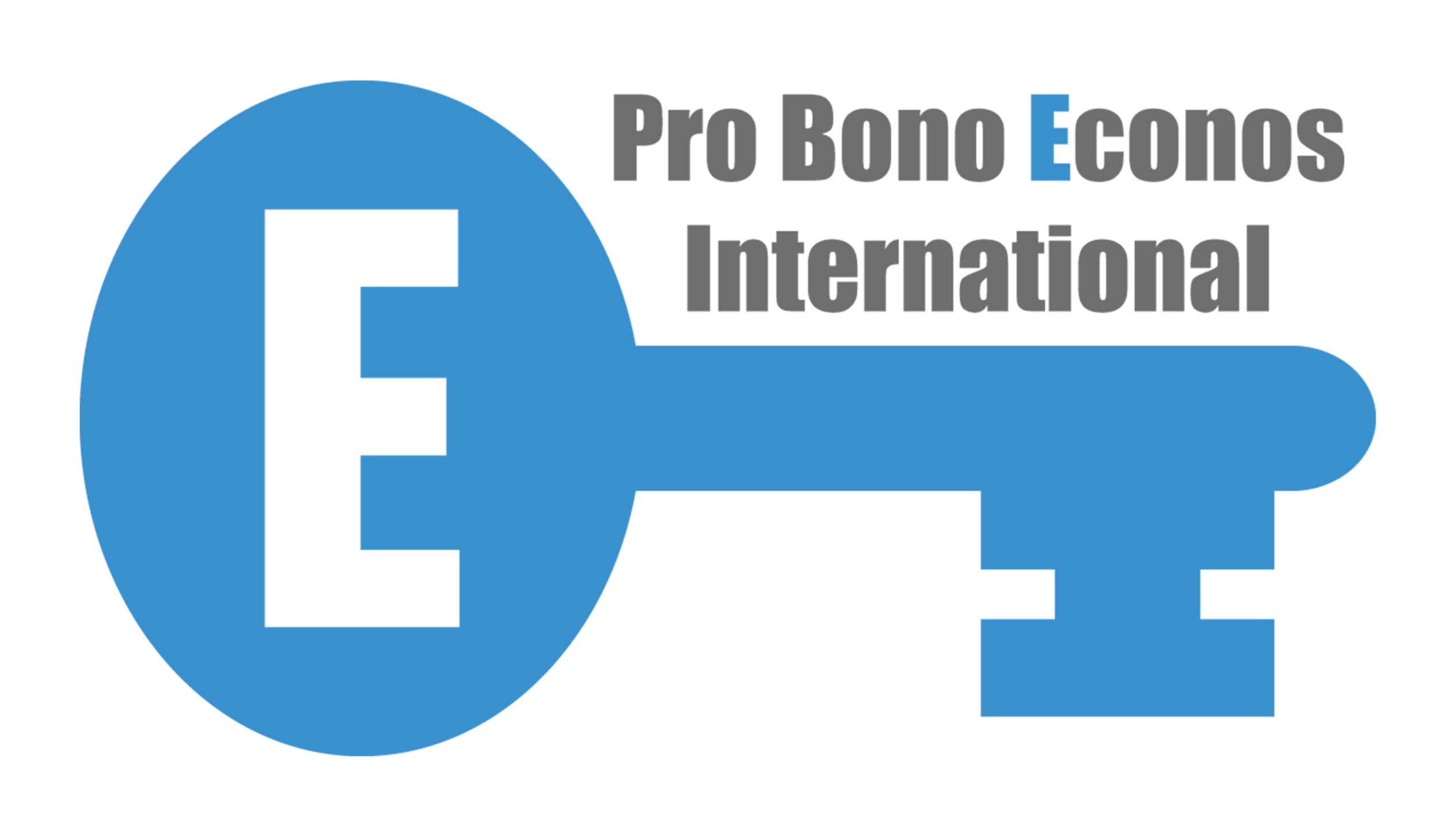Financial literacy is shockingly low and the academy must do more
The latest survey on the basic understanding of financial terms like “loan”, “interest rate” and “budget” makes for shocking reading. The Money Advice Service surveyed 3,000 adults and found that 32% did not understand the meaning of interest and a further 32% did not understand the meaning of budget.
The survey also found that half the people who took out a Payday Loan do not understand the meaning of loan, with one in five believing that they are not obliged to pay it back. Plus, a majority of people do not read the terms and conditions of a financial contract. All this confusion cost the UK £21 billion last year. And this doesn’t take into account the consequential costs of family break-up, depression and mental health breakdown which follow.
These are all basic concepts for university finance teaching and courses – the courses that many of those creating these financial instruments take. But finance taught in business schools rarely attempts to address the huge inequality that exists in the knowledge and understanding of finance across the general public – nor the consequences this can have. It also tends to focus primarily on corporate finance, a subject which concentrates on the financial issues facing companies and on complex financial products and markets.
If Britain is one of the highly developed nations of the world, then this level of illiteracy should be a matter of significant concern for the finance academy. We must act now to ensure that finance education doesn’t lose touch with real people, as it runs the risk of being centred around corporate interests. Finance should be about service to the economy and society for sustainable development and growth. Instead too much of talent is focused on profit and wealth maximisation at any cost.
Complexity and jargon
The large number of scandals that have emerged recently, relating to the mis-selling of mortgages, payment protection insurance, pensions and savings products, shows that banks actively exploit the financial illiteracy of the general public. Complexity and jargon have been used to deceive rather than to be fair and transparent.
This raises a number of questions for the teaching of finance in universities. Take banks, for example: are they using complex mechanisms to disguise the truth about finance and make it appear scholarly and objective? Is modern finance teaching and research a party to the exploitation of financial illiteracy and unconcerned about its own ethics and social responsibility? Does the finance academy operate in its own bubble?
The 2008 banking crisis and follow-up parliamentary enquiries raised serious concerns about the [culture and ethics of the banking industry](](https://theconversation.com/bankers-should-look-eastwards-for-ethical-guidance-27747). The public cost of the crisis was to the tune of hundreds of billions for Britain alone. And the same ordinary people who were exploited by banks had to bail them out even though they were not at fault.
Regulators are now requiring banks to transform their ethics and culture from the inside out. I think the same should apply to teaching and research in finance. And, in turn, by having a more informed public of the way that finance works, bankers and businesses can be better held to account.
Nobel Prize winner Mohammed Yunus achieved huge success in alleviating poverty in Bangladesh through “micro-finance” – providing small loans to householders to provide basic goods and at the same time, giving them basic training and education about finance and accounting, including budgeting. He argues that credit is a human right, and through the Grameen Bank, he has lifted millions of people out of poverty and into self-sufficiency and self-esteem.
Encouraging a literacy revolution
We need a similar grassroots financial literacy drive if we want families to be truly independent and financially stable. Websites like Money Saving Expert started by Martin Lewis are huge assets to financial literacy, but not sufficient. I believe it is a public duty of the finance academy to encourage a more widespread literacy revolution.
If complexity is used to confuse and exploit, then the role of these experts becomes questionable. Bankers and their customer finance advisers are experts of a kind, though often biased by the desire to make profits for their employers. Instead, their expertise should be used to promote a fair, ethical and sustainable society where there is equality of opportunity. Bankers should never forget that they are servants to business and enterprise, not masters of them.
In the pursuit of high finance we have forgotten the fundamental role and purpose of our profession and its wider impact on the economy and society. Rather than questioning corporate behaviour, we have become party to its tax avoidance, labour and environmental abuse, and other deliberate exploitation schemes that increase inequality in society. For me, these are matters of huge concern and require urgent action. The start can be made by changing the finance syllabus, and critically reforming the academy’s ethical values.
Atul Shah, Senior Lecturer - Accounting & Finance, University Campus Suffolk
This article was originally published on The Conversation. Read the original article.

